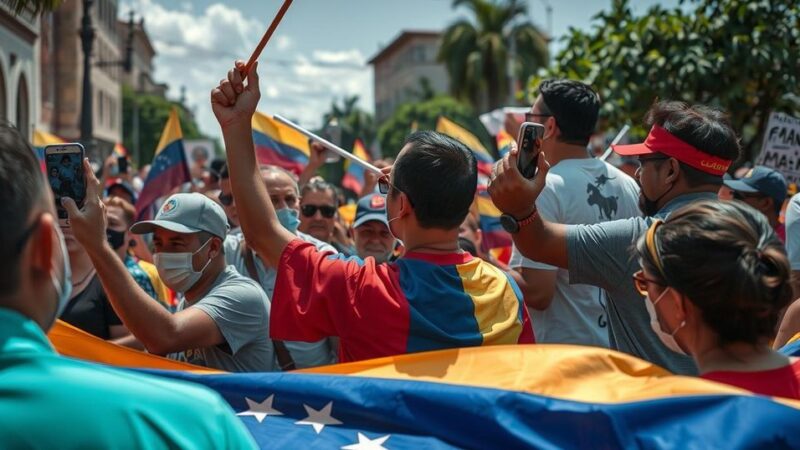Papua New Guinea has announced a boycott of the upcoming UN climate summit, COP29, labeling it a “waste of time” due to unfulfilled promises from major countries. Foreign Minister Justin Tkatchenko criticized the lack of progress in climate negotiations and expressed the intention to pursue bilateral agreements instead, notably with Singapore. PNG’s stance underscores frustrations shared by many smaller nations regarding the effectiveness of COP summits in addressing climate change.
Papua New Guinea (PNG) has officially announced its decision to boycott the upcoming United Nations climate summit, COP29, scheduled for next month in Azerbaijan. The nation has vocally criticized the UN negotiations surrounding climate change, labeling them as ineffective and filled with unfulfilled promises from major polluting countries. Foreign Minister Justin Tkatchenko articulated this sentiment, stating that attending the summit serves no purpose given the apparent stagnation in progress towards meaningful climate action. He remarked, “There’s no point going if we are falling asleep because of jet lag because we’re not getting anything done.” Tkatchenko expressed growing frustration with the lack of tangible outcomes from the COP summits over the past few years, especially in light of Papua New Guinea’s critical role as home to the third largest rainforest. He conveyed that despite the promises from powerful nations to provide assistance for climate relief, the reality is that such commitments often end up benefiting consultants rather than supporting sustainable initiatives. The past COP summits, particularly since the groundbreaking Paris Agreement of 2015, have faced increasing scrutiny for their failure to compel significant action from major polluters, leading to doubts about the effectiveness of such large-scale gatherings. Furthermore, Tkatchenko highlighted that Papua New Guinea’s decision is echoed by other smaller island nations within the Pacific region, which have similarly expressed dissatisfaction with the lack of progress and recognition in international climate negotiations. Papua New Guinea intends to pursue bilateral agreements to address climate issues independently, having already initiated discussions with Singapore. Tkatchenko firmly believes that these direct negotiations could yield far more substantial results than participating in the COP events, stating, “With like-minded countries like Singapore, we can do 100 times more than COP.” This is a significant stance, as PNG becomes one of the first nations to linguistically and substantively align itself against the effectiveness of the COP summits, seeking to shift its strategy towards more direct and pragmatic climate action dialogues.
The climate summit, known as COP or Conference of Parties, serves as the chief annual meeting concerning global climate change negotiations. With almost universal participation from countries worldwide, these summits aim to establish legally binding commitments to mitigate climate change. However, in recent years, growing discontent among nations, especially smaller and developing states, has surfaced regarding the efficacy of negotiations and the perceived dominance of major polluting countries in shaping policies and outcomes that fail to meet urgent climate action needs. Papua New Guinea’s significant ecological role, particularly as a major rainforest nation and its vulnerability to climate change effects, intensifies its immediate concerns about international climate commitments and assistance.
Papua New Guinea’s decision to boycott COP29 underscores a critical turning point in the ongoing discourse surrounding global climate negotiations. By rejecting the traditional COP framework in favor of bilateral agreements, PNG aims to pursue more effective and immediate solutions to climate challenges, highlighting frustrations with existing UN processes. The move reflects broader sentiments among smaller nations tired of inaction and emphasizes the need for genuine and sustained international cooperation to combat climate change.
Original Source: www.voanews.com







